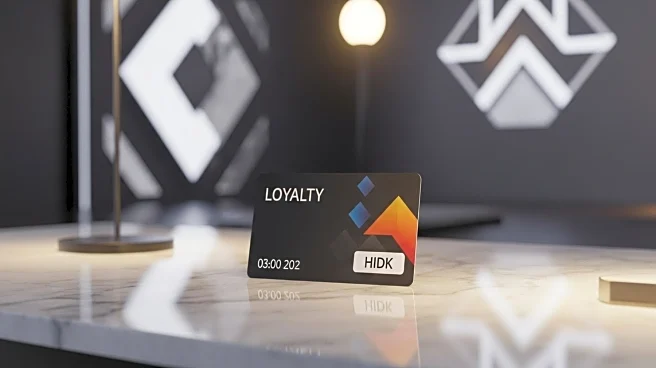What's Happening?
Recent research from LoyaltyLion indicates a shift in consumer behavior during Black Friday, with younger shoppers increasingly prioritizing loyalty rewards over traditional discounts. The study surveyed 2,004 consumers, revealing that 84% of individuals aged 25-34 plan to redeem loyalty rewards during Black Friday, and 85% are likely to join a loyalty program during the sales. This demographic is more engaged with loyalty schemes and responsive to brand communications compared to older shoppers. Retailers are responding by investing in AI-powered loyalty platforms and personalized marketing tools to better engage younger audiences. The shift in strategy involves moving away from blanket discounts to exclusive member perks, early access deals, and points-based incentives.
Why It's Important?
The shift towards loyalty programs represents a significant change in retail strategy, emphasizing long-term customer engagement over short-term sales spikes. By focusing on loyalty-driven incentives, retailers can tap into younger shoppers' preferences for rewards and personalized experiences, potentially increasing customer lifetime value. This approach aligns with the broader trend of creating meaningful customer relationships and enhancing brand loyalty, which is crucial in the competitive retail landscape. Retailers that successfully adapt to these changes may see sustained growth and improved customer retention, benefiting from the evolving consumer expectations.
What's Next?
Retailers are expected to continue refining their Black Friday strategies, focusing on loyalty programs as a key component of their sales approach. This may involve further investment in technology to enhance customer engagement and personalization. As the retail landscape evolves, brands will likely explore new ways to integrate loyalty programs into their overall marketing strategies, potentially expanding these initiatives beyond Black Friday to other sales events throughout the year.









